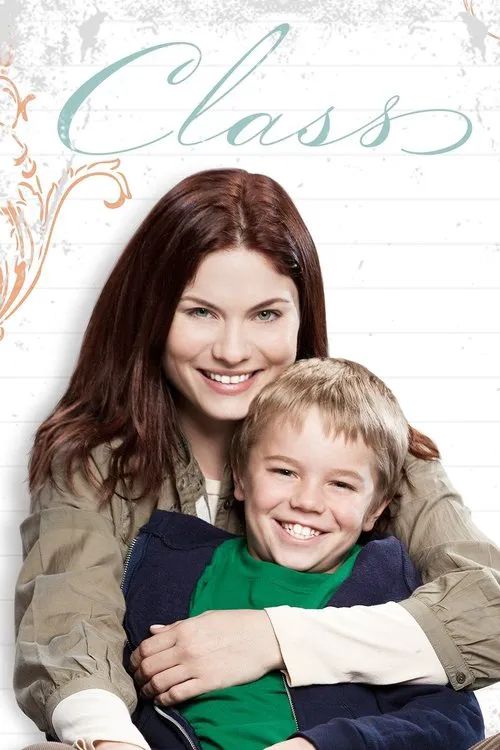Class

Plot
The movie Class explores themes of privilege, social class, and personal growth. The film centers around Ryan, a law student from an affluent background, who is given an assignment by his sociology professor to work with a disadvantaged single mother and help her find and maintain employment. Ryan's initial reaction to the assignment is one of reluctance and skepticism, but as he delves deeper into the world of his new client, he begins to experience a profound shift in his perspective. The single mother, Karen, is a strong-willed and determined woman who has been struggling to make ends meet. She has been working a series of low-paying, unstable jobs, but has been unable to find stable and fulfilling employment. Despite her efforts, she faces numerous barriers and obstacles, including a lack of education and limited access to job training programs. As Ryan begins to work with Karen, he is struck by the vast disparities between their worlds. He is taken aback by the level of poverty and hardship that Karen faces on a daily basis, and he begins to realize the privileges that he has taken for granted. Despite his best efforts, Ryan finds himself struggling to connect with Karen, who is wary of his intentions and skeptical of his ability to truly understand her situation. Despite the challenges that they face, Ryan and Karen form a tentative bond, and Ryan begins to learn about the harsh realities of life on the bottom rungs of society. He discovers that Karen's struggles are not simply the result of personal failings, but are the product of a deeply flawed system that perpetuates poverty and inequality. As Ryan delves deeper into the world of Karen's neighborhood, he is confronted with the harsh realities of poverty and class oppression. He sees children fighting over scraps of food, and families struggling to make ends meet. He witnesses the devastating impact of systemic racism and classism, and begins to understand the ways in which these systems perpetuate inequality. Through his experiences with Karen, Ryan begins to undergo a profound transformation. He starts to question his own privileged identity and the assumptions that he has made about the world around him. He begins to see himself and his own privileges in a new light, and he starts to understand the ways in which his own position of power has shaped his worldview. One of the key turning points in the film comes when Ryan helps Karen to secure a job at a local restaurant. Despite the initial success, the job does not last, and Karen is forced to rely on Ryan's assistance once again. This experience is a wake-up call for Ryan, who realizes that his own actions have not made a significant difference in Karen's life. He begins to understand that the systemic issues that perpetuate poverty and inequality are far more complex and deeply ingrained than he had ever imagined. As Ryan struggles to come to terms with his own limitations, he begins to form a new relationship with Karen. Rather than seeing her as a client or a project to be fixed, he starts to see her as a person, with her own strengths and limitations. He begins to listen to her story, and to hear the nuances and complexities of her experience. Throughout the film, the cinematography is deliberate and poignant, capturing the stark contrasts between the affluent and disadvantaged communities. The camera work is often stark and unflinching, highlighting the harsh realities of poverty and inequality. The performances in the film are strong, with standout performances from the leads. The chemistry between the two actors is compelling, and their characters' growing relationship is authentic and deeply moving. The supporting cast is equally impressive, with a number of nuanced and complex performances that add depth and nuance to the film. Ultimately, Class is a powerful and thought-provoking film that challenges viewers to confront their own biases and assumptions about the world. It is a deeply moving and emotionally resonant film that highlights the importance of empathy, understanding, and social justice. Through Ryan and Karen's story, the film sheds light on the ways in which systemic inequality perpetuates poverty and injustice, and inspires viewers to take action.
Reviews
Recommendations




